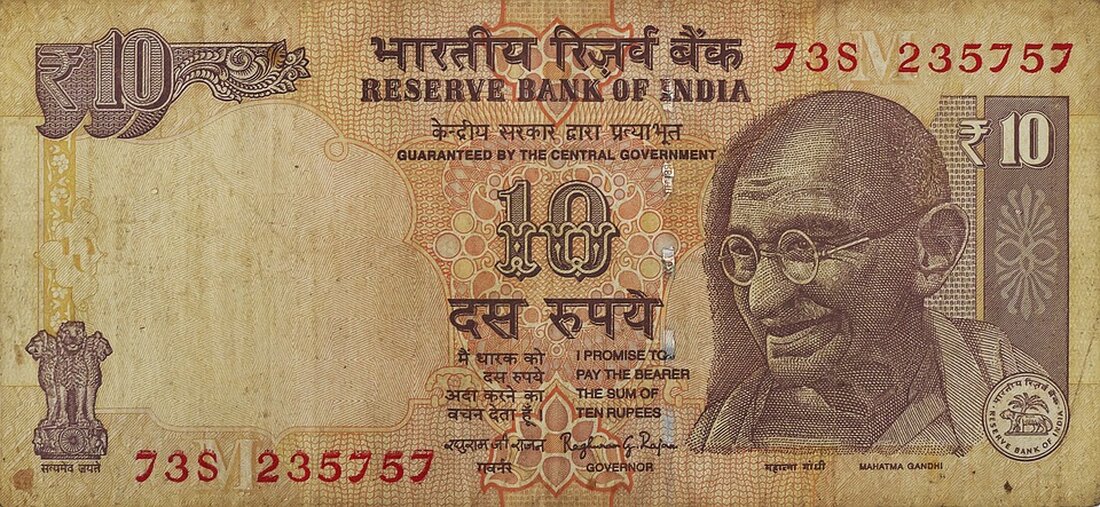Cash vs. cashless: Financial experts denounce grievances - are free credit cards the solution?
According to a report by www.morgenpost.de, consumer advocates in Germany are denouncing abuses in the handling of cash. The increasing number of notices such as “No cash”, “only cards” or “card payment only” on the entrance doors of restaurants, snack bars and shops are annoying many people, even though more and more people in Germany have been using debit or credit cards since the Corona pandemic. A survey by the Federal Association of Consumer Organizations (vzbv) showed that the path to withdrawing cash has become longer for a good quarter of citizens in the past three years, with 23 percent having to pay more money for withdrawals. 27 percent said that in the past six months they had at least...

Cash vs. cashless: Financial experts denounce grievances - are free credit cards the solution?
According to a report by www.morgenpost.de, consumer advocates in Germany are denouncing abuses in the handling of cash. The increasing number of notices such as “No cash”, “only cards” or “card payment only” on the entrance doors of restaurants, snack bars and shops are annoying many people, even though more and more people in Germany have been using debit or credit cards since the Corona pandemic. A survey by the Federal Association of Consumer Organizations (vzbv) showed that the path to withdrawing cash has become longer for a good quarter of citizens in the past three years, with 23 percent having to pay more money for withdrawals. 27 percent said that they had been in the situation of not being able to pay in cash at least once in the past six months because cash payment was not possible. Consumer advocates are calling for a Europe-wide “compulsory acceptance of cash” and emphasize the importance of cash for security, privacy and participation in public life. The number of ATMs in Germany is decreasing, which is causing problems with the supply of cash. The European Commission has proposed strengthening the euro as cash and introducing a digital euro, but this has not yet been decided.
The increasing restrictions on cash payments could have far-reaching long-term effects on consumers and the market. On the one hand, the digital economy and online commerce could be further favored as cashless transactions are preferred. On the other hand, certain consumers who have no or limited access to digital payments could be excluded from economic participation, which could lead to unequal market penetration.
Introducing measures to expand cash acceptance, such as a Europe-wide “cash acceptance requirement”, could help protect consumer privacy and economic participation in the long term.
In addition, the introduction of a digital euro and the strengthening of the euro as cash could pave the way for greater digitalization of payments and increase trust in digital means of payment, which could create new market opportunities and developments in the long term.
However, it is important that these developments are carefully monitored and balanced to take into account the advantages and disadvantages of cash and digital payment methods and to ensure inclusive payment availability.
It is important to ensure that the introduction of digital payment methods does not have unintended consequences and that research and development in this area remains balanced. To stay relevant in this rapidly evolving digital world, it is crucial for all payments players to adapt to the changing needs and preferences of consumers and markets.
The demand for a “compulsory acceptance of cash” and the debate about the future of cash are important, current issues that need to be discussed on a broad level in order to maintain the balance between the interests of the different actors and to meet the needs of consumers.
Read the source article at www.morgenpost.de

 Suche
Suche
 Mein Konto
Mein Konto
